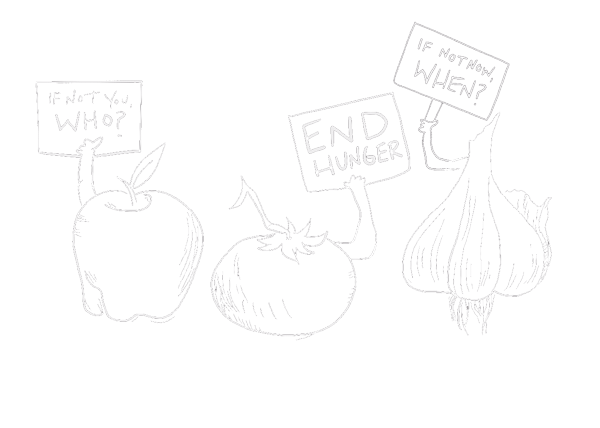Local farmer Jeff Bloom helps Feeding San Diego stop food waste in its tracks
Sending food to the landfill should be considered a last resort. In addition to avoiding the detrimental environmental impact that food waste creates, reducing overall waste allows us to minimize disposal costs. Thanks to an ongoing partnership with Alpine-based Bloom Family Farms, we can focus more resources toward distributing much-needed food to those experiencing hunger to work toward creating a hunger-free and healthy San Diego.
While most all of the food that passes through our distribution center goes to feed those experiencing hunger, there are certain foods that aren’t fit for human consumption. It’s mostly produce that’s overly ripe or huge packages of bulk items, like popcorn or corn nuts, that require a specific permit to repackage and distribute. Instead of throwing it away, we came up with an alternate option. According to the Environmental Protection Agency’s Food Recovery Hierarchy, feeding animals is the third most preferred option to eliminate food waste (following source reduction and feeding people). That’s where Bloom Family Farms comes in.
Clint Dooley, our facility manager, met farmer Jeff Bloom in 2019. Dooley was telling a story about the pineapples he, unfortunately, had to haul to the dumpster that day because they were overripe and a bit moldy. Bloom overheard him and mentioned that the pigs on his farm would love to have eaten those pineapples. Just like that, a partnership was formed.
Since that chance meeting, Bloom has successfully repurposed almost 250,000 pounds of food not fit for human consumption from Feeding San Diego by feeding it to his pigs at Bloom Family Farms in Alpine. He takes about 95 percent of any food that would be thrown away and picks it up in reusable totes that he brings back to be refilled. His 30-50 pigs, which include Red Wattle and Berkshire breeds, have eaten everything from cucumbers, tomatoes, and stone fruit to corn nuts and popcorn. He raises his pigs the old-fashioned way: no preservatives, additives, hormones, or antibiotics. As he says, “I don’t really do it for profit, I do it for passion.” Of feeding them whole foods provided by Feeding San Diego, Bloom says “I like to reuse, repurpose, recycle and not throw anything away if you don’t have to. It’s better to feed the livestock than to compost it. This is eliminating taking the produce and throwing it in the landfill. It’s the right thing to do.”
Eliminating food waste is part of our mission, which is to connect every person facing hunger with nutritious meals by maximizing food rescue. It’s simple: when excess food reaches a landfill, it generates harmful greenhouse gases. Still, a staggering 35 percent of food in the U.S. goes unsold or uneaten every year. We’re proud of the fact that over 70% of the food we distributed this fiscal year to date is rescued and that rescue is the primary means of supplying food to our community (versus purchasing), even when distributing a record 32 million meals in 2020. We rescue this high-quality food from over 600 locations in San Diego County and over 225 farms and packing sheds throughout California. We hope you’ll join us in our efforts to break the cycle of food waste and embrace creative solutions to ensure that no edible food (for people or animals) ends up in a landfill.








